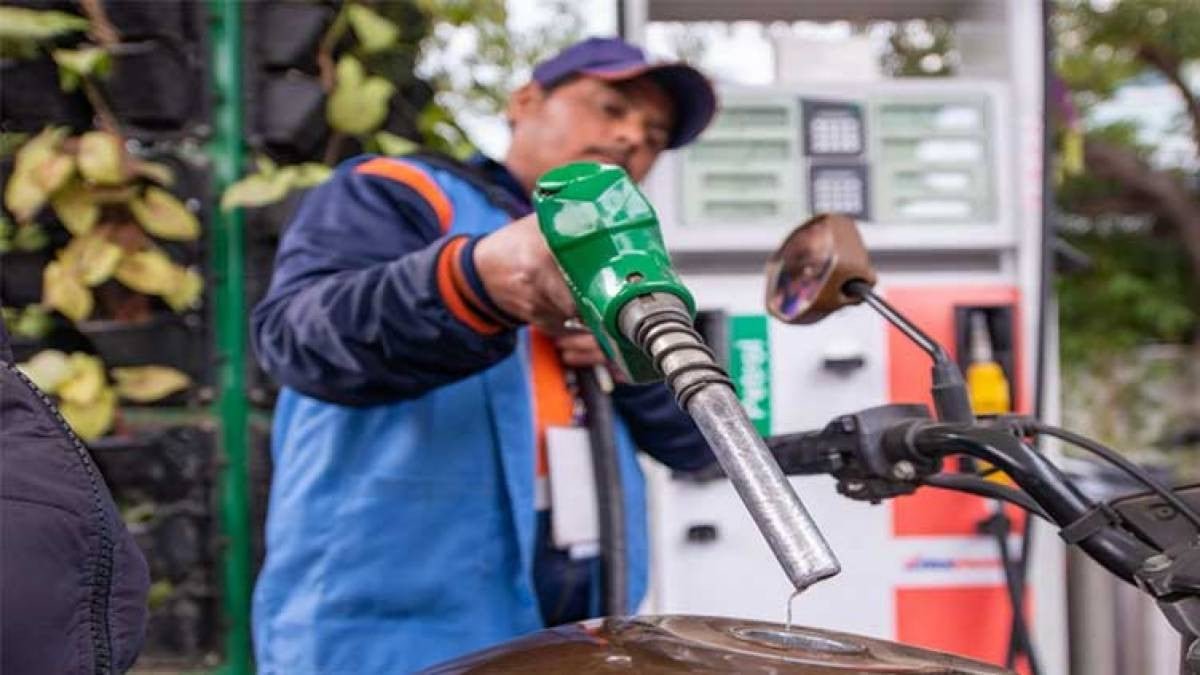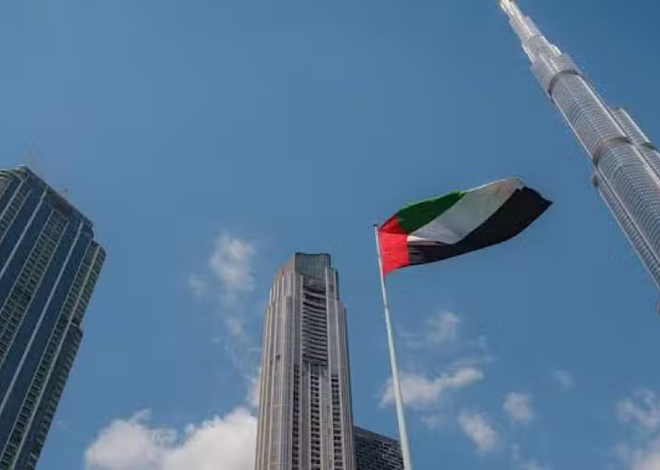
Petrol price likely to go up by PKR 30
The International Monetary Fund (IMF) has put forth a proposal for a carbon tax, potentially resulting in a significant increase of Rs 20 to 30 per litre in petrol prices. This suggestion has sparked discussions across various platforms, including the Pakistan Stock Exchange (PSX), which has been experiencing unprecedented highs.
Journalist Meher Bukhari, on ARY News, highlighted the positive impact of swift negotiations with the IMF and accelerated privatization efforts on the country’s economic landscape, stressing the need for improved banking investments and diplomatic relations.
Discussions on the ARY News program, Khabar, underscored the IMF’s recommendation to prioritize the operation of new power plants to alleviate capital charges by 18 percent, given the burden of Rs 2,000 billion annual expenses incurred due to the failure to purchase electricity from these plants.
The government, considering the IMF’s suggestion to impose a carbon tax on petroleum products instead of increasing the general sales tax by 18 percent in the upcoming budget, is inclined towards imposing a 20 to 30 percent carbon tax, in addition to the current Rs 60 per litre petroleum development levy.
Shoaib Nazami highlighted the government’s fiscal constraints and emphasized the importance of revenue streams bypassing the Federal Board of Revenue (FBR), while Mehtab Haider’s report indicated the government’s leaning towards a carbon tax implementation.
Such measures aim to bolster federal revenue streams, alleviate fiscal pressures, and streamline funds directly to the federal government, thus aligning with global efforts to mitigate carbon emissions and navigate economic complexities in Pakistan.
Also, see:
PCB struggles to hire foreign coaches ahead of T20 World Cup 2024







